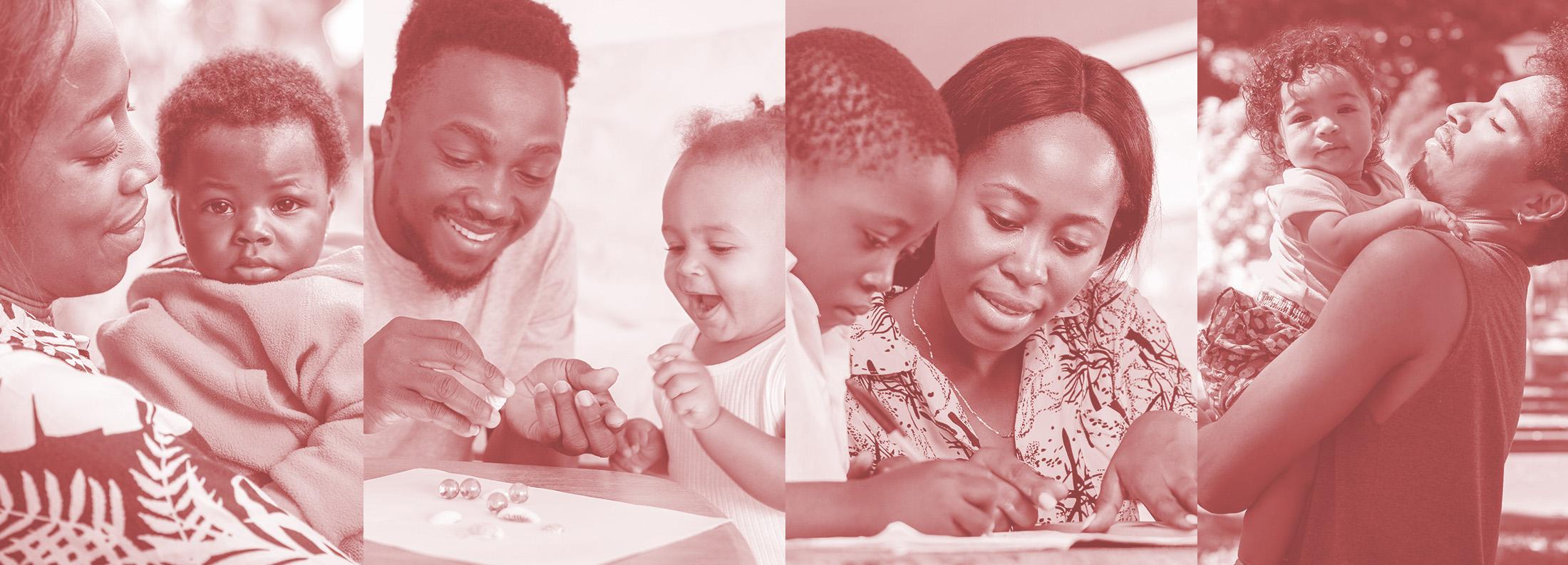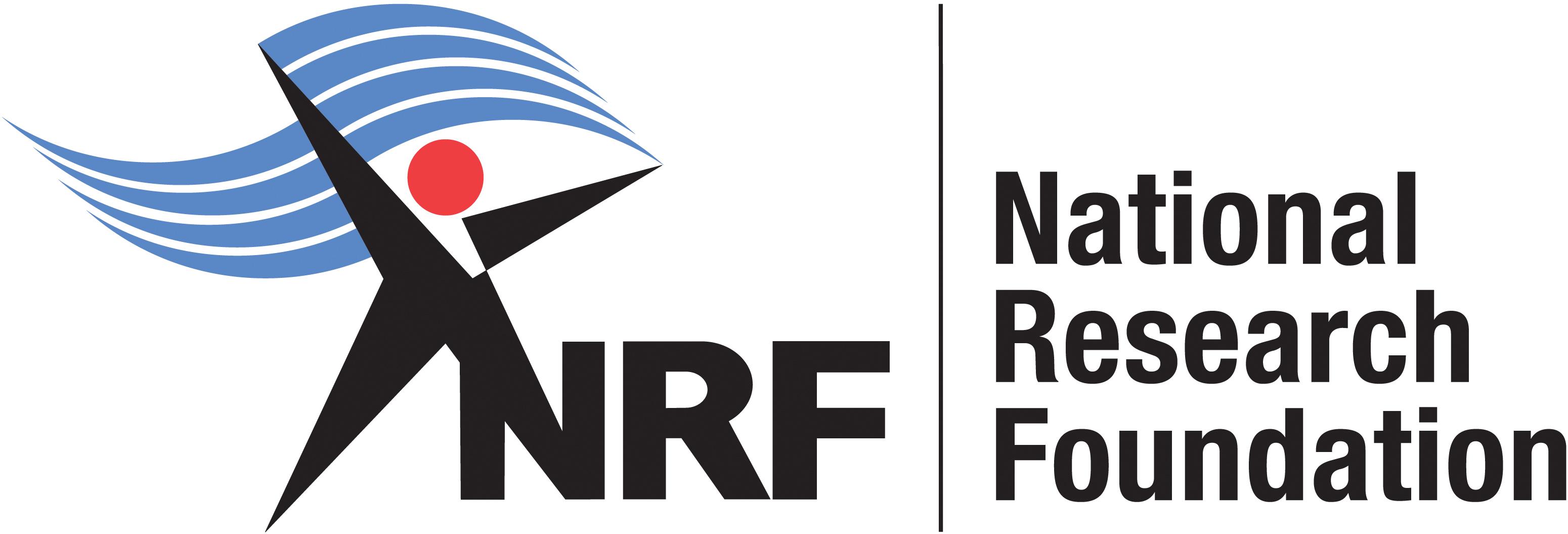Mental Health Impacts of the COVID-19 Pandemic
“I Carry the Trauma and Can Vividly Remember”:
Mental Health Impacts of the COVID-19 Pandemic on Frontline Health Care Workers in South Africa
Dr Mahlangu et al (2023) conducted qualitative research among 44 frontline health care workers (FHCWs) practicing in seven South African hospitals and clinics. In this study, the authors explored their experiences and the perceived impacts of being on the frontline in selected hospitals and clinics during the first wave of COVID-19.

According to the study, FHCWs reported poor mental health during the first wave of COVID-19 in South Africa. Similar findings have been made in other countries reporting higher levels of stress, anxiety, and depression among FHCWs during the COVID19 pandemic.
Out of the total of 44 FHCWs recruited, majority were female (35), nurses (30), and were based in hospitals.
The majority of FHCWs reported stress related to high-risk exposure and concern about infecting family members. Stress levels were further heightened by working long hours in a setting with limited personal protective equipment (PPE), occasionally with limited staff, treating a complex virus that was rapidly changing the patient’s condition, and continuously changing treatment protocols that added uncertainty.
The authors note the importance of safeguarding mental health and helping healthcare professionals. If neglected, poor mental health can interfere with daily activities and have a negative impact on patient care. https://doi.org/10.3390/ijerph20032365
Dr Pinky Mahlangu
Evaluating implementation of the FIGO Nutrition Checklist for preconception and pregnancy within the Bukhali trial in Soweto, South Africa
Dr Larske Soepnel
Dr Soepnel et al (2023) conducted a mixed-methods study to evaluate the implementation of the International Federation of Gynecology and Obstetrics (FIGO) Nutrition Checklist in a low/middle income South African setting. In order to improve adolescent, preconception, and maternal nutrition, FIGO created the Nutrition Checklist in 2015. The tool, which aims to identify nutritional problems and establish a foundation for discussions about healthy eating habits, was created to be simple to use, quick, and cross-culturally applicable. The checklist includes questions concerning BMI, and habitual dietary intake. For instance, participants were asked ‘yes/no’ questions regarding the quality and frequency of foods (e.g. meat, fruit and vegetables, fish, dairy products, wholegrain carbohydrates) consumed per week. It also includes three lifestyle questions such as folic acid supplement intake, sun exposure, and iron levels.

A dietitian administered the FIGO Nutrition Checklist between July 2021 and May 2022, and quantitative responses from pregnant (n = 96) and non-pregnant (n = 291) participants with overweight or obesity were analyzed using logistic regression. Participants were classified as having ‘at-risk dietary practice’ if they answered ‘no’ to one of the six diet quality questions on the checklist. Accordingly, the study showed that 377 of the 387 participants answered “no” to at least one FIGO Nutrition Checklist question about diet quality, indicating a potentially risky eating pattern. Furthermore, food insecurity was associated with having more than three at-risk practices.
The most common risks identified were insufficient fruit and vegetable, whole grain, and dairy consumption. Despite obstacles to healthy nutrition, participant interviews revealed that the checklist is acceptable and that increased awareness of healthy dietary intake is needed.
Prior to implementing the FIGO Nutrition Checklist in a variety of healthcare and community settings for both preconception and pregnancy care, the authors suggest further research be done, taking into account context-related structural, cultural, and social challenges like food insecurity and low health literacy. https://doi.org/10.1371/journal.pgph.0001310
FIGO Nutrition Checklist
Anemia among non-pregnant women of reproductive age
Barriers and facilitators of micronutrient supplementation among non-pregnant women of reproductive age in Johannesburg, South Africa
Dr Takana Silubonde

A study by Dr Silubonde et al. (2022) examined perceptions and beliefs of multiple micronutrient supplementation (MMS) in the prevention and treatment of anemia among non-pregnant women of reproductive age as well as facilitators and barriers to preconception MMS adherence.
The study was conducted in Soweto, in two phases and was embedded in a preconception health trial with women of reproductive age (WRA), which included administration of an MMS.
This study emphasized the difficulty of administering MMS interventions in low-income settings. Family support, community health workers, access, experienced and perceived benefits were identified as facilitators of supplementation adherence in phase one. In general, once family members understood the purpose of the MMS, they became supportive and played an important role in reminding women to take the MMS.
The authors suggest that women and communities alike need to be informed about micronutrients and how they can help prevent disease. Additionally, rebranding may be necessary to reflect the needs and benefits of MMS to non-pregnant women rather than using the conventional antenatal care supplement packaging. Finally, employing MMS ambassadors in local communities could aid in boosting MMS’s reputation. https://doi.org/10.1371/journal.pgph.0001310
The 2023 Lancet Series on Breastfeeding
On 7 February 2023, the 2023 Lancet Series on Breastfeeding was published, followed by an online launch on 8 February 2023, co-hosted by The Lancet and the World Health Organization (WHO). This global launch, “2023 Lancet Series on Breastfeeding, including the influence of commercial milk formula marketing”, saw a panel of experts unpack the new three-paper Lancet Series.


The Series explored how the value of breastfeeding is undermined by governments and the public, and is exploited by the formula milk industry.
According to WHO, the panelists considered the following:
• How baby behaviours are misconstrued to undermine breastfeeding, but multi-sectoral interventions protect its health impacts
• How the formula marketing ‘playbook’ targets parents, health professionals and politicians and undermines the health and rights of children and mothers
• How power imbalances and political and economic structures determine feeding practices, women’s rights, and health outcomes
The authors call for breastfeeding to be a collective responsibility, that is effectively protected, promoted, and supported at all levels.
CoE-HUMAN’s Distinguished Prof. Linda Richter and University of the Free State’s (Affiliated Lecturer: Health Sciences), Dr. Chantell Witten led the South African launch of this groundbreaking series.


The South African launch took place on Friday 10 February, 2023, and was co-hosted by the DSINRF Centre of Excellence in Human Development (CoE-HUMAN) (hosted by the University of the Witwatersrand), and the DSI-NRF Centre of Excellence in Food Security (CoE-FS) (hosted by the University of the Western Cape and the University of Pretoria).
The South African launch was a hybrid event, with the in-person element that took place at the University of the Western Cape. In-person attendance was by invitation only, while the live-streamed element was accessible to all.
The global launch of the series took place in London, on 8 February 2023.
The event, which was co-hosted by the WHO, The Lancet, and Children in All Policies, live streamed here:
https://www.who.int/news-room/events/detail/2023/02/08/default-calendar/ launch-of-the-2023-lancet-series-on-breastfeeding--including-the-influenceof-commercial-milk-formula-marketing
2023 Lancet Series on Breastfeeding
Prof Linda Richter Dr Chantell Witten
Publications
1. Muti, M., Ware, L. J., Micklesfield, L. K., Ramsay, M., Agongo, G., Boua, P. R., Kisiangani, I., Cook, I., Gómez-Olivé, F. X., Crowther, N. J., Kabudula, C., Norris, S. A., & Chikowore, T. (2023). Physical Activity and Its Association With Body Mass Index: A Cross-Sectional Analysis in Middle-Aged Adults From 4 Sub-Saharan African Countries. Journal of Physical Activity and Health, 1–9. https://doi.org/10.1123/ jpah.2022-0539
2. Mahlangu, P., Sikweyiya, Y., Gibbs, A., Shai, N., & Machisa, M. (2023). “I Carry the Trauma and Can Vividly Remember”: Mental Health Impacts of the COVID-19 Pandemic on Frontline Health Care Workers in South Africa. International Journal of Environmental Research and Public Health, 20(3), 2365.
3. Ayeni, O. A., Joffe, M., Mapanga, W., Chen, W. C., O’Neil, D. S., Phakathi, B., Nietz, S., Buccimazza, I., Čačala, S., Stopforth, L. W., Jacobson, J. S., Crew, K. D., Neugut, A. I., Ramiah, D., Ruff, P., Cubasch, H., Chirwa, T., McCormack, V., Micklesfield, L. K., & Norris, S. A. (2023). Multimorbidity and overall survival among women with breast cancer: Results from the South African Breast Cancer and HIV Outcomes Study. Breast Cancer Research, 25(1), 7. https://doi.org/10.1186/s13058-023-01603-w
4. Dlamini, S. N., Craig, A., Mtintsilana, A., Mapanga, W., Du Toit, J., Ware, L. J., & Norris, S. A. (2023). Food insecurity and coping strategies, and their association with anxiety and depression: A nationally representative South African survey. Public Health Nutrition, 1–33. https://doi.org/10.1017/ S1368980023000186
5. Nyamwanza, A., Jacobs, P., & Nyezi, K. (2023). Advancing a transformative human development approach to climate resilience through local innovation in South Africa. Development Southern Africa, 1–14. https:// doi.org/10.1080/0376835X.2023.2171365
6. Pérez-Escamilla, R., Tomori, C., Hernández-Cordero, S., Baker, P., Barros, A. J. D., Bégin, F., Chapman, D. J., Grummer-Strawn, L. M., McCoy, D., Menon, P., Ribeiro Neves, P. A., Piwoz, E., Rollins, N., Victora, C. G., & Richter, L. (2023). Breastfeeding: Crucially important, but increasingly challenged in a market-driven world. The Lancet, S0140673622019328. https://doi.org/10.1016/S0140-6736(22)01932-8
7. Rollins, N., Piwoz, E., Baker, P., Kingston, G., Mabaso, K. M., McCoy, D., Ribeiro Neves, P. A., PérezEscamilla, R., Richter, L., Russ, K., Sen, G., Tomori, C., Victora, C. G., Zambrano, P., & Hastings, G. (2023). Marketing of commercial milk formula: A system to capture parents, communities, science, and policy. The Lancet, S0140673622019316. https://doi.org/10.1016/S0140-6736(22)01931-6
8. Soepnel, L. M., Draper, C. E., Mabetha, K., Mogashoa, L., Mabena, G., McAuliffe, F. M., Killeen, S. L., Jacob, C. M., Hanson, M. A., & Norris, S. A. (2023). Evaluating implementation of the FIGO Nutrition Checklist for preconception and pregnancy within the Bukhali trial in Soweto, South Africa. International Journal of Gynecology & Obstetrics, 160(S1), 68–79. https://doi.org/10.1002/ijgo.14541
9. Watson, D., Mhlaba, M., Molelekeng, G., Chauke, T. A., Simao, S. C., Jenner, S., Ware, L. J., & Barker, M. (2023). How do we best engage young people in decision-making about their health? A scoping review of deliberative priority setting methods. International Journal for Equity in Health, 22(1), 17. https://doi. org/10.1186/s12939-022-01794-2

CoE-HUMAN • NEWSLETTER • FEB 2023
CoE-HUMAN












